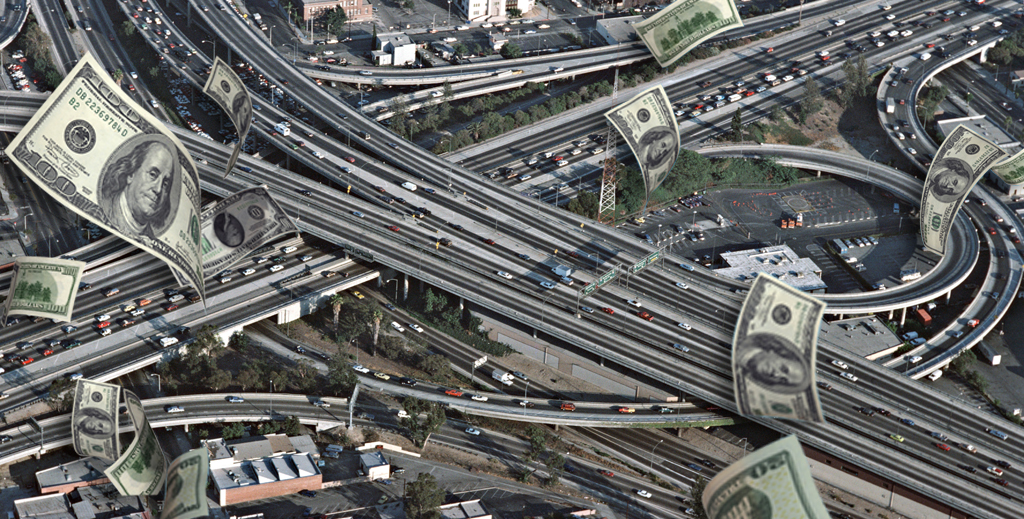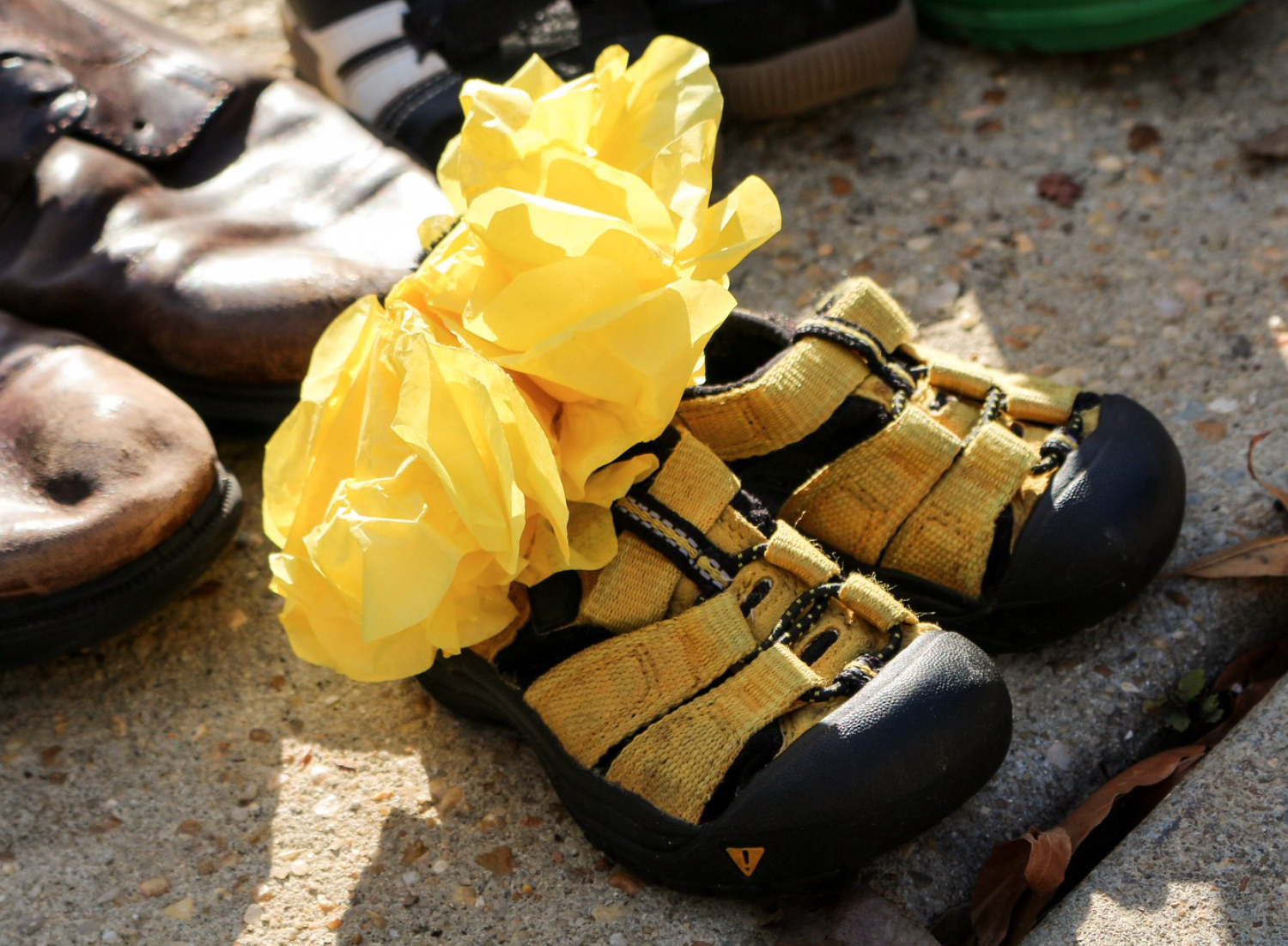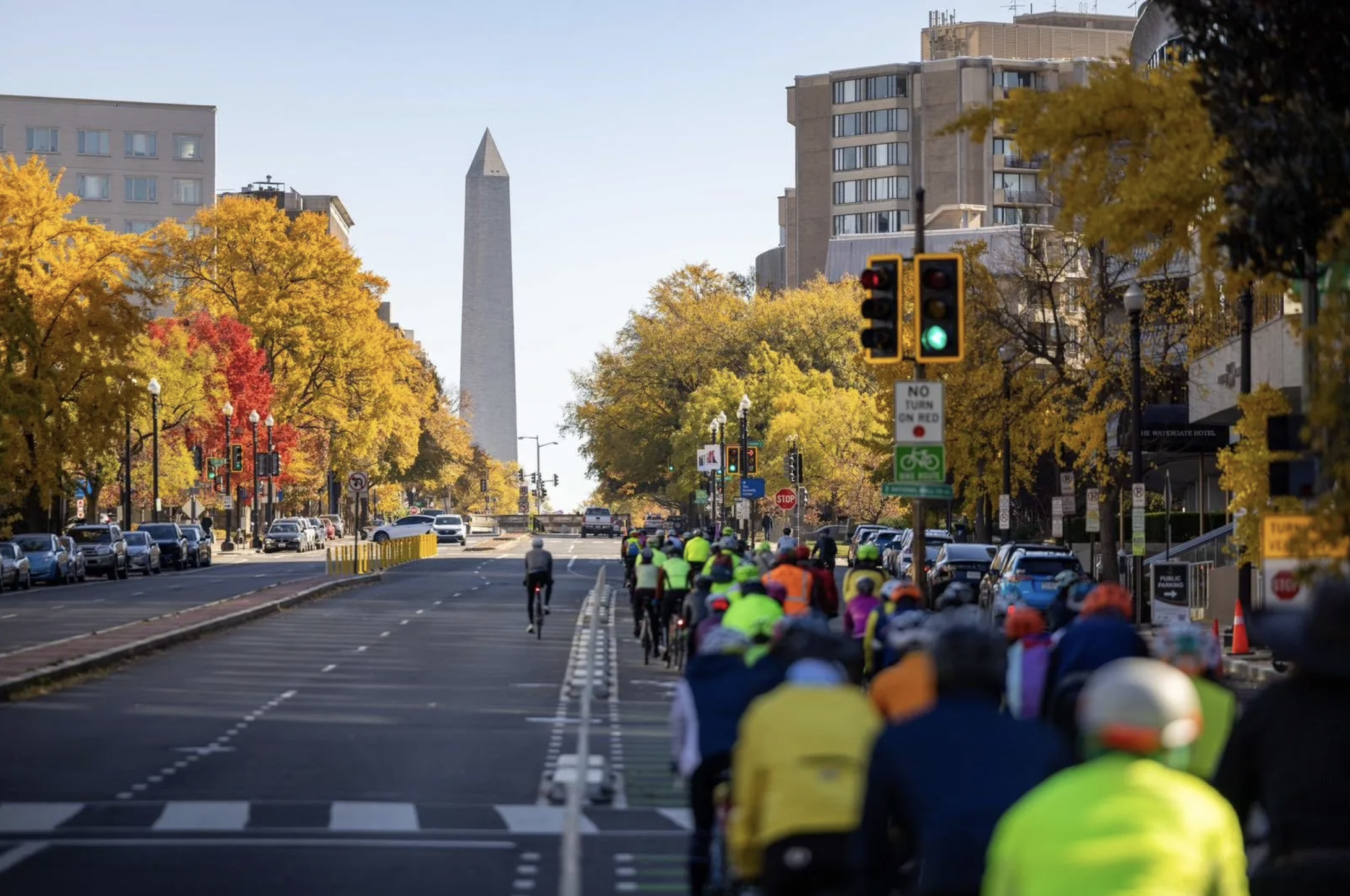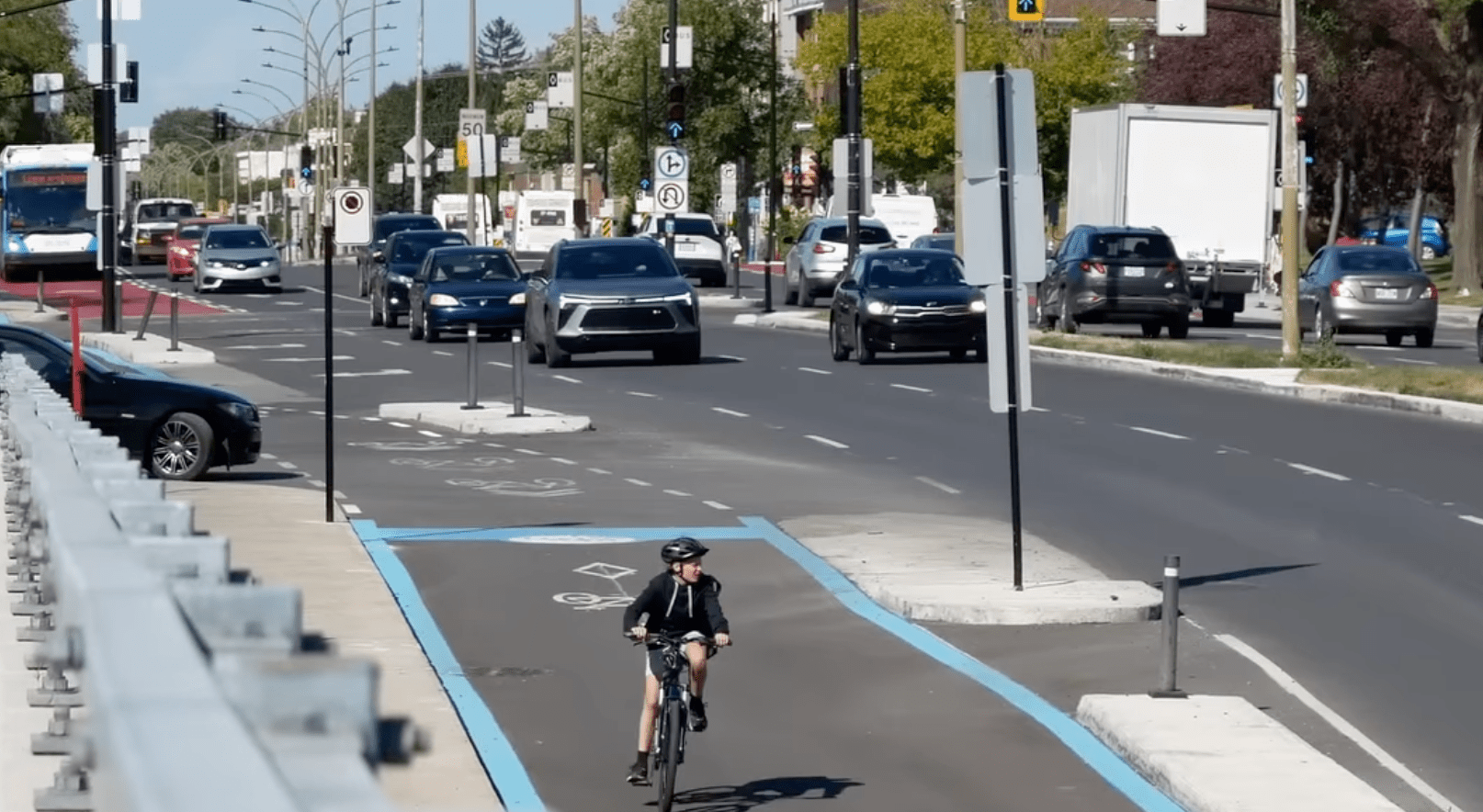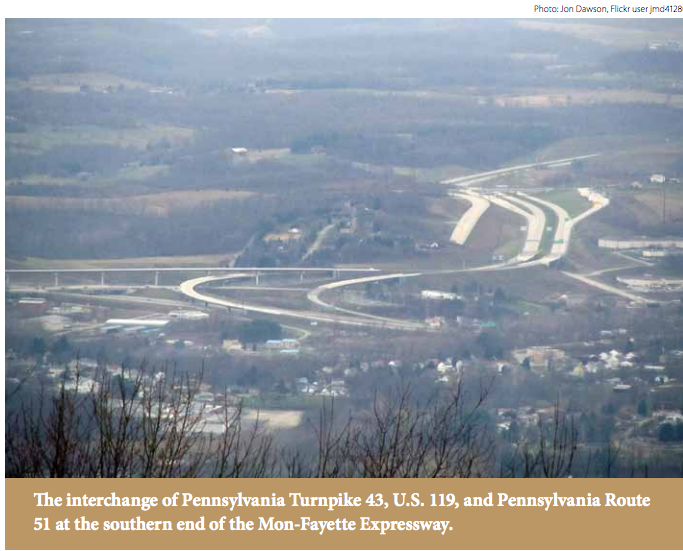
In a new report, Highway Boondoggles 2, U.S. PIRG and the Frontier Group profile the most wasteful highway projects that state DOTs are building. Today we highlight Pennsylvania's $1.7 billion Mon-Fayette Expressway plan, a highway plan that has outlived its reason for being.
The Pennsylvania Turnpike Commission and the state Department of Transportation have been trying to build a highway from rural western Pennsylvania into downtown Pittsburgh through the Monongahela Valley since the 1960s.
First, it was billed as a way to support the region’s industrial boom; later, after the collapse of the steel industry, supporters of the road project argued it would bring economic revitalization to the area by connecting it to downtown Pittsburgh.
By 2002, the four-lane Mon-Fayette Expressway had reached from northern West Virginia to Jefferson Hills. The remaining segments, connecting Route 51 to I-376 in suburban Monroeville and, via a spur, downtown Pittsburgh, were under official consideration.
Plans to build a new toll road, criticized for its potential to damage communities and harm economic development opportunities, were resuscitated in 2015. It is being justified using traffic predictions for 2020 that were made more than a decade ago.
A project analysis by community members and experts determined that building the rest of the proposed route would harm the local communities and reduce – rather than increase – the likelihood of economic recovery in an area that was the epicenter of the steel boom and its subsequent collapse. The groups called instead for investment in transit, bicycle and pedestrian routes, and improving existing roads.
The Mon-Fayette project stalled in 2009 for lack of funding. In 2015, the state DOT and the Turnpike Commission restarted the project, with a modification that both reduced its cost and reduced the road’s already limited economic benefits.
The proposed project would now run 14 miles from Route 51 in Jefferson Hills to I-376 in Monroeville. A connection from that extended highway that would have run along the Monongahela River into downtown Pittsburgh was canceled because it would have required displacing homes and businesses, damaged the environment, and eaten up precious transportation funding, the Turnpike Commission’s chairman told Pennsylvania legislators in June 2015.
Eliminating the direct link to Pittsburgh, however, undercuts much of the economic development rationale for the project, leaving Monongahela Valley residents with transportation access to Pittsburgh little better than that which existed before the project.
In 2002, community groups and local experts were already researching and publishing information about alternative ways to spend the billions of taxpayer dollars that would expand transportation options for area residents and, their analyses argued, would bring more economic opportunity than the highway.
In July 2015, Wilkins Township commissioners voted unanimously to send a letter to the Pennsylvania Turnpike Authority recommending the $1.7 billion slated for the new highway be spent on public transit instead. The commissioners also expressed concern that the highway would increase noise and air pollution in their community.
The state has other transportation needs as well. Statewide, 5,050 bridges are structurally deficient, giving Pennsylvania the second-highest percentage of bridges in poor condition in the U.S. Replacing them all would cost $4.5 billion; repairing them would cost $3.1 billion. The money slated to be spent on the Mon-Fayette extension could make significant progress toward remedying those dangers.
